
The need for hot water in Australian homes has changed a lot over the last decade. Showers are longer. Appliances […]
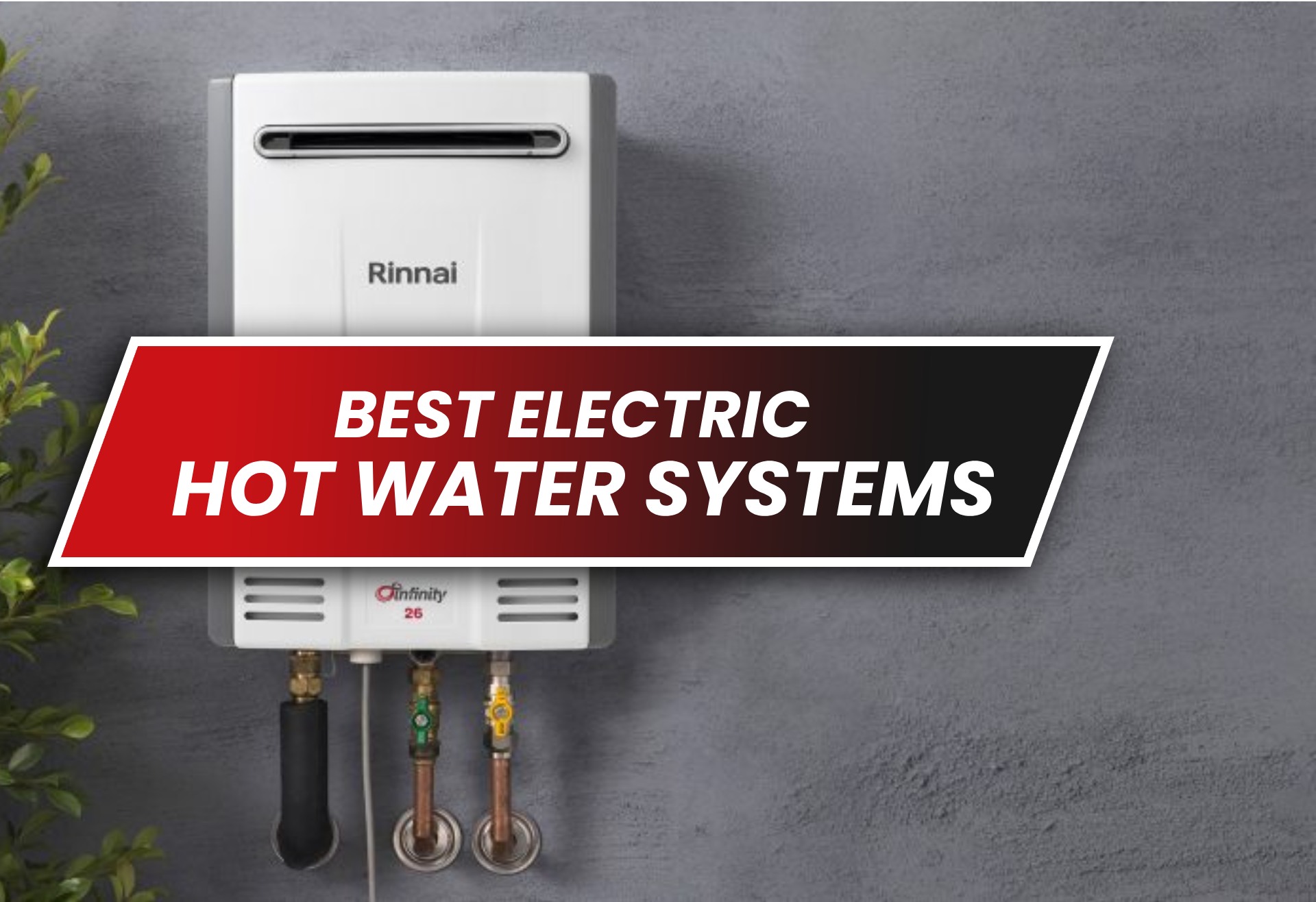
There are several types of hot water systems but electric hot water systems are amongst the most common in Australia.
They are dependable, convenient, and relatively affordable, making them the best choice for most households.
Below, we will go through our list of the top 10 best electric hot water systems you can purchase in Australia. Moreover, this article will define what an electric hot water system is as well as the category of consumers for whom these systems are most appropriate.
Also, you will learn the criteria to follow while selecting the best system, plus the answers to frequently asked questions.
Is a Heat Pump Water Heater Better than an Electric Instant Water Heater for Australian Homes?
An electric hot water system is a system that operates with electricity to provide hot water. Such systems can heat water in an available storage tank or offer hot water at the point of use without storing it.
Electrical hot water systems are common because they are easy to install.
These systems are ideal for locations without access to gas or solar power.
They come in two types and have a range of capacities to suit the needs of different households. They are especially popular in homes where installing solar or gas facilities is not feasible.
There are two main types of electric hot water systems:
Electric hot water systems are most suitable for:
1. Small Households: Instantaneous systems are ideal for single-person or couple households that frequently use hot water and have low energy consumption.
2. Medium to Large Households: High-capacity tank storage systems can help provide adequate hot water requirements for a large family.
3. Homes Without Gas Supply: If you have no access to natural gas, electric systems are ready options in such a situation.
4. Apartments and Small Spaces: You can easily install portable electric heaters in houses and apartments with limited space.
5. Budget-Conscious Buyers: Electric systems are usually cheaper and easier to install than gas or solar systems of power.
6. Flexible Installations: Electric systems are very flexible and can be positioned in nearly any setting; whether or not there are plumbing issues or the situation available is ideal.
8. Temporary or Rental Properties: Electric systems are convenient to work with as their installation and dismantling during the arrangement process does not take much time.
9. People looking for minimal options: Such systems are simple to install and operate in everyday practice.
Choosing the right electric hot water system depends on several factors such as:
It is good to check for a warranty for the system you buy.
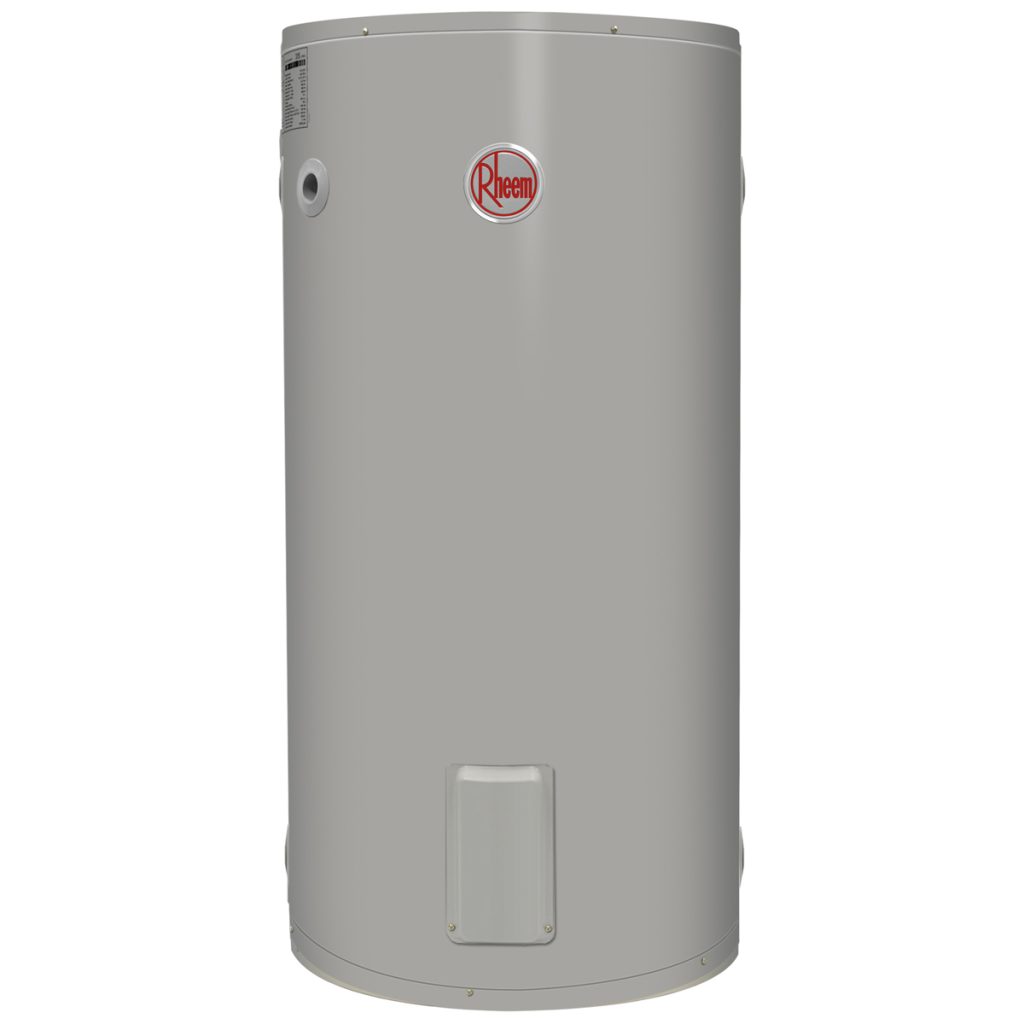
This model is designed for medium households, offering flexibility with single or twin-element options and a long-lasting enamel tank. Its compact design ensures easy installation for both indoor and outdoor use
Link to the product: Rheem 491250G7 Electric Storage
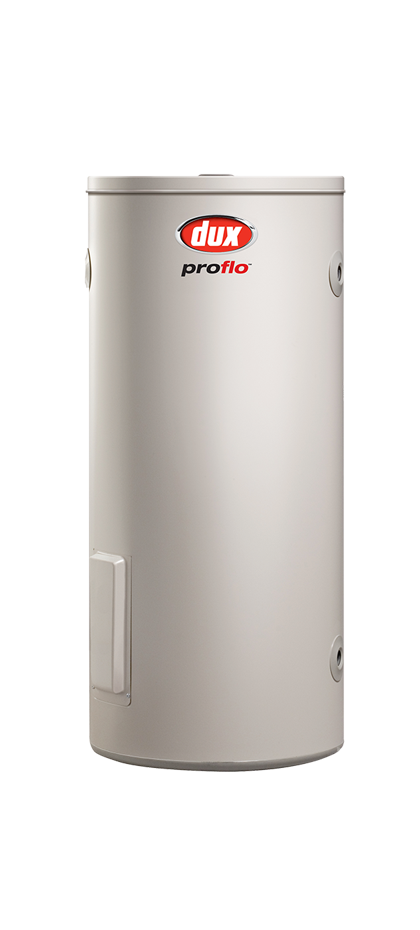
The Dux Proflo is perfect for small households, with a durable build and space-efficient design. It ensures a reliable hot water supply without occupying much space.
Link to the product: Dux Proflo 80L Electric Storage
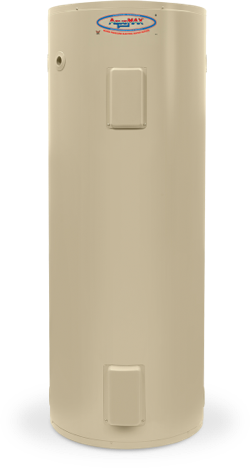
This is one of the best electric hot Water systems. This system is tailored for larger families, offering energy-efficient performance and peace of mind with a robust 10-year tank warranty.
Link to the product: Aquamax 315L Electric Storage
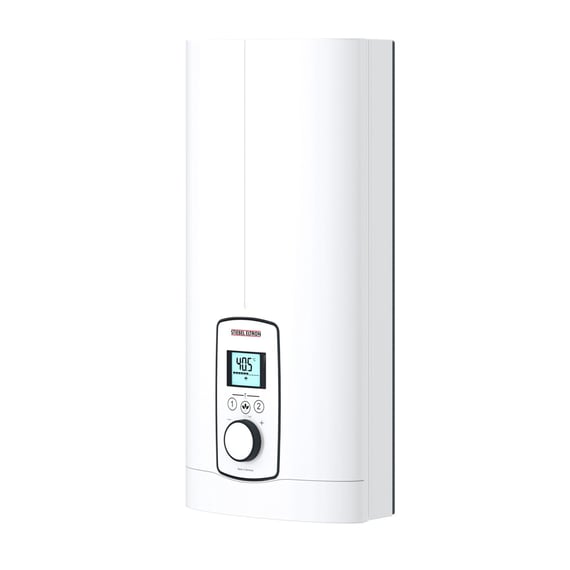
The Stiebel Eltron DEL is sleek and compact, giving you hot water immediately while you can easily control the temperature for users residing in new small homes.
Link to the product: Stiebel Eltron DEL Instantaneous Water Heater
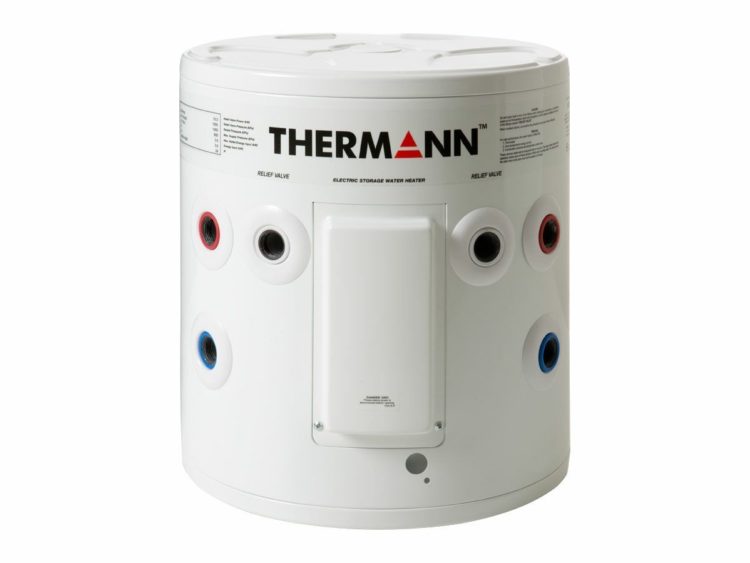
A cost-effective choice for tiny homes, the Thermann 50L model is known for its simplicity and reliability.
Link to the product: Thermann 50L Electric Storage Hot Water System
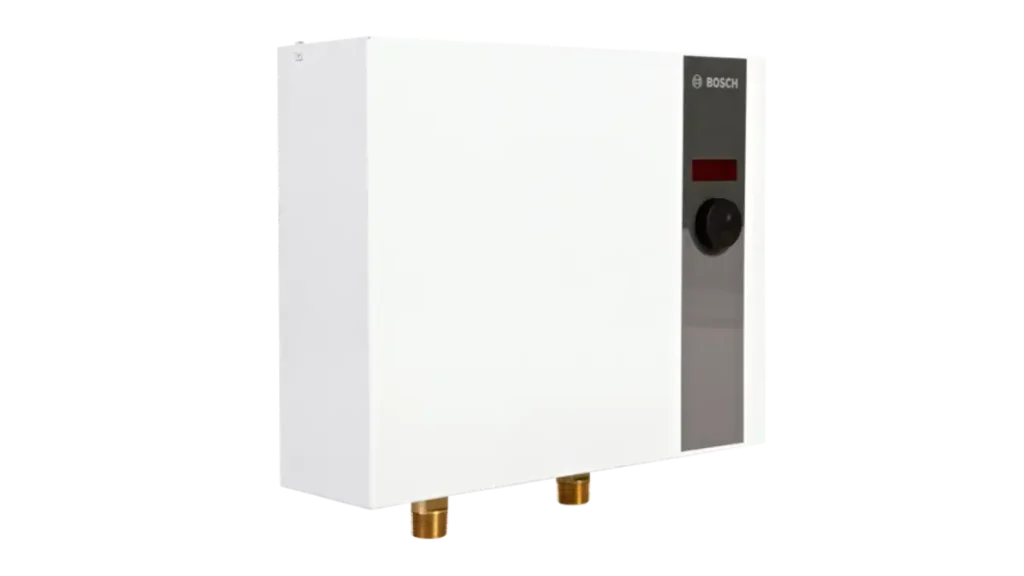
The Bosch Tronic 6000C offers efficiency and performance in a sleek, compact design, making it ideal for households aiming to reduce energy costs.
Link to the product: Bosch Tronic 6000C Electric Hot Water System
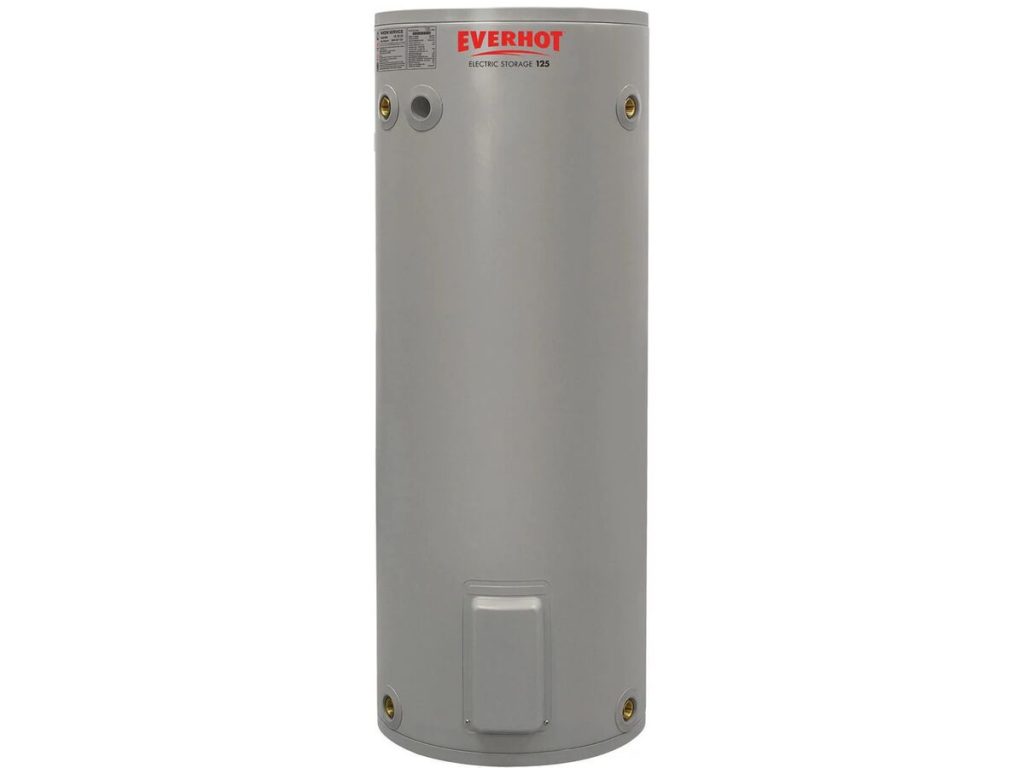
Known for its reliability, the Everhot 125L is a cost-effective solution that caters to medium households with consistent hot water needs.
Link to the product: Everhot 125L Electric Storage Water Heater
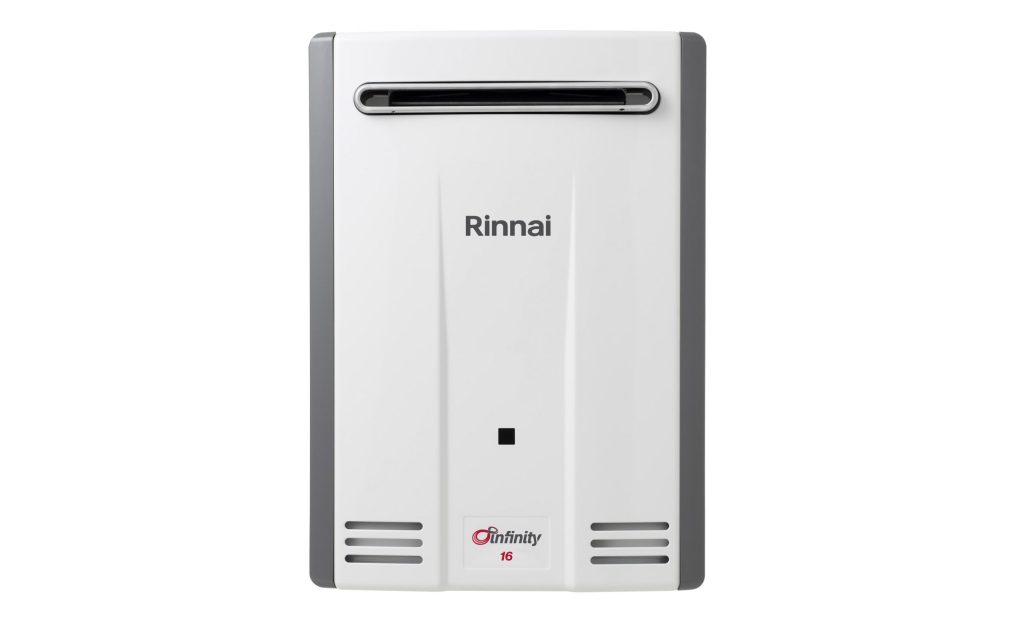
This model ensures an uninterrupted hot water supply with advanced temperature control and a modern design suitable for tight spaces.
Link to the product: Rinnai Infinity 16 Electric Continuous Flow
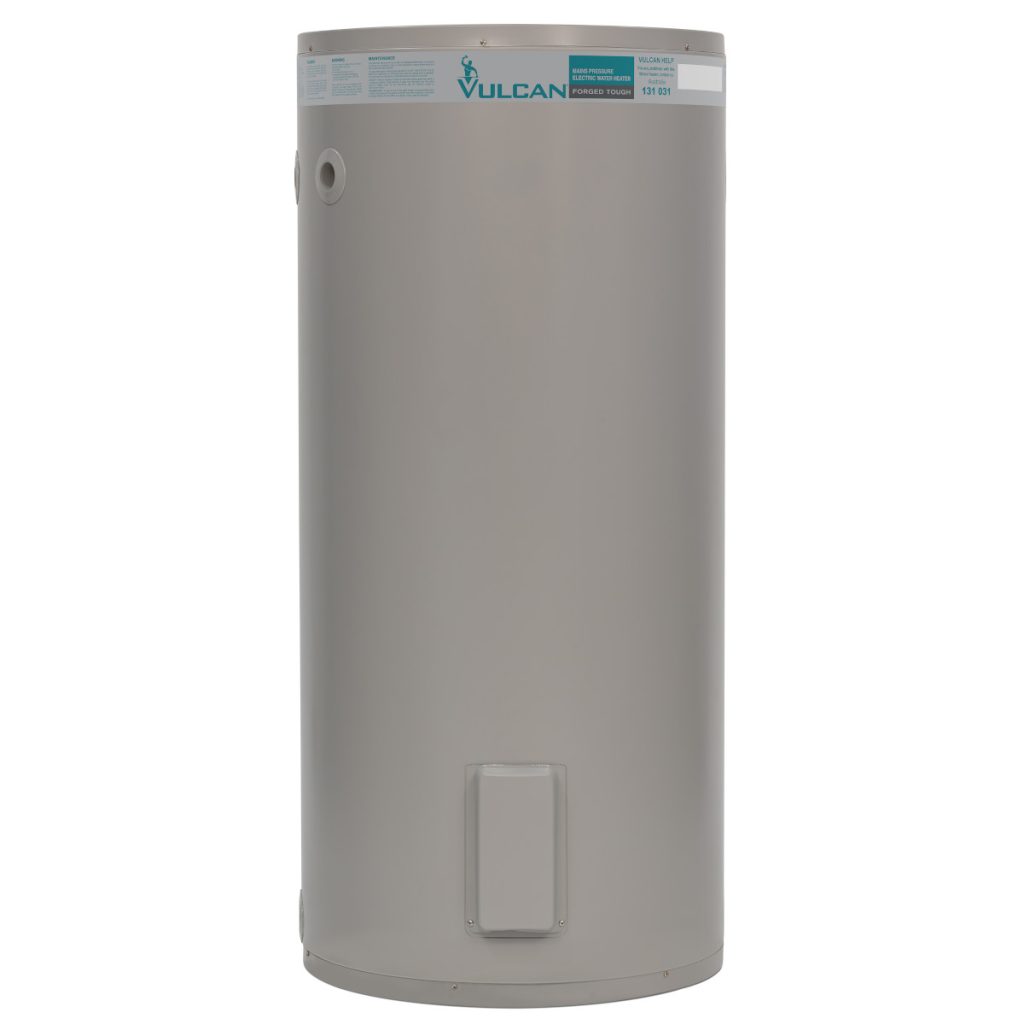
A durable and economical choice, the Vulcan 250L system caters to medium and large families with its robust performance and value.
Link to the product: Vulcan 250L Electric Storage Water Heater
Convenient for houses without access to gas lines.
Easy Installation: Easy to set up and does not require gas connections and other complicated water installations to connect to it.
Affordable Upfront Cost: In the large sense, they tend to cost less to purchase than gas or solar systems.
Versatile Placement: This may be fitted either inside or outside a building or in narrow regions that other models may not fit.
Reliable Hot Water Supply: The reliability of the performance makes it possible to have hot water any time, any time.
Suitable for All Areas: Easily operate in homes where no gas or solar network connectivity is available.
Low Maintenance: It is comparatively easy to maintain when compared with all other systems.
Instantaneous Options: The tankless models again supply hot water as and when required without using energy to store the hot water in a tank.
Compatible with renewable energy: It can be combined with solar panels to yield a motion reduction running cost.
Higher Running Costs: Again, electricity is likely to be more costly than gas, meaning the customers are likely to incur high charges.
Dependent on Power Supply: Failure of systems may occur during a power outage, which may be a disadvantage.
Environmental Impact: Voltage source technologies can cause more carbon emissions than gas or solar-based electricity technologies.
Limited Efficiency for Large Households: Except for very small families, they may lack the capacity to produce adequate hot water as required without having a large storage tank.
Slower Recovery Time: As for capacity storage tanks, they may take longer to heat up than the gas systems in use.
A typical system should last for eight to 12 years, provided it is well maintained.
Electric hot water systems can be relatively costly to use, primarily due to the high energy consumption of electric heating elements. On average, electric systems are less energy-efficient than alternatives like heat pumps or gas systems.
However, they have lower upfront costs, making them a popular choice for smaller households or regions with lower electricity prices. Opting for off-peak tariffs or installing energy-efficient models can help reduce running costs.
You can service your electric water heater every two or three years, depending on how often you use it.
We don’t recommend that. You have to make it with the help of a licensed plumber or electrician to make sure everything is done the right way.
Although they consume more energy than the solar or gas systems, if used as a renewable electric power source, are relatively eco-friendly.
You can usually manage with a 125-250L storage tank or an instant hot water system of a similar size.
It is not possible as they are operated by using electricity.
Yes, but it entails changing your home’s electrical system in certain ways if they are not appropriate for your house.
Many states have implemented rebates on heat pump systems or energy-efficient types of heat pump brands.
Storage water heaters heat water and store it while instant water heaters heat water on demand or as called for.
The size of the water system depends on your household size. A rough idea can be like this:
1-2 people: 50L–100L
3-4 people: 250L–300L
5+ people: 300L+
Electric hot water systems can be less environmentally friendly compared to alternatives, especially if they rely on electricity generated from fossil fuels. However, their environmental impact depends on the energy source used. If powered by renewable energy, such as solar or wind, they become a much greener option.
You should be aware of anything not going correctly. Regularly check for leaks, flush the tank, and replace the anode every 3–5 years.
It refers to cheaper electricity rates during non-peak hours, typically at night.